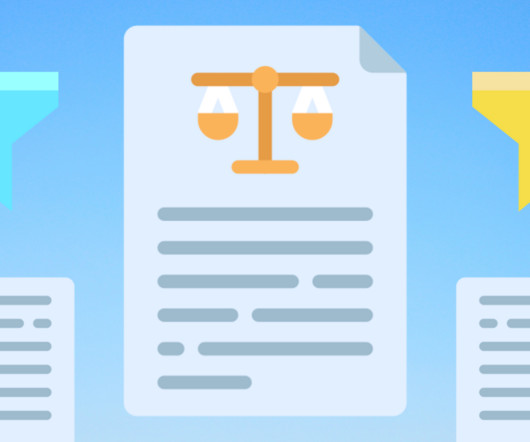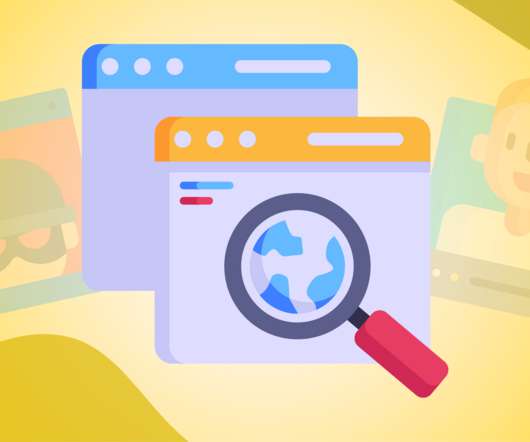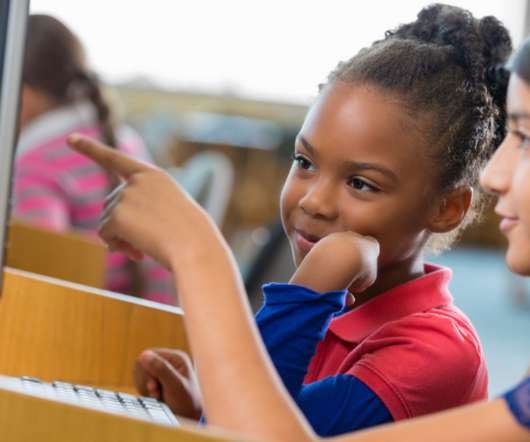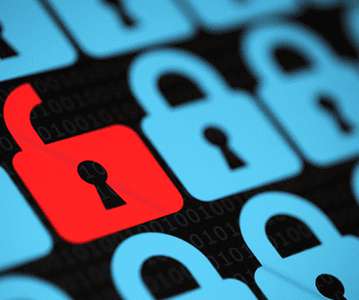Understanding the legal implications of using web filters in K-12 schools
Hapara
NOVEMBER 16, 2023
One covers personal information collection for marketing to children, while another protects student education records. The third is the Children’s Internet Protection Act or CIPA. It helps prevent students from accessing inappropriate content while learning online and is administered by the Federal Communications Commission.



























Let's personalize your content